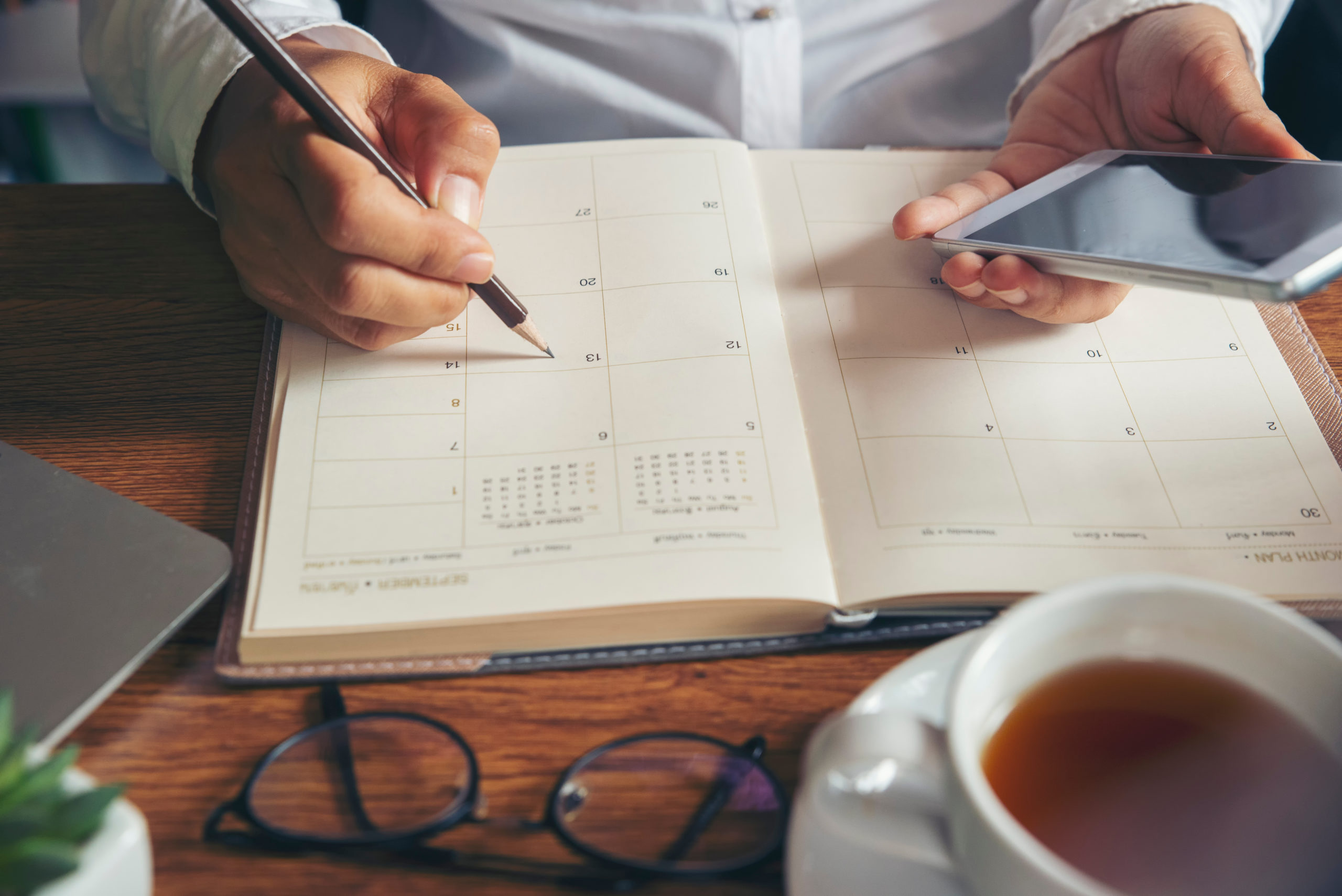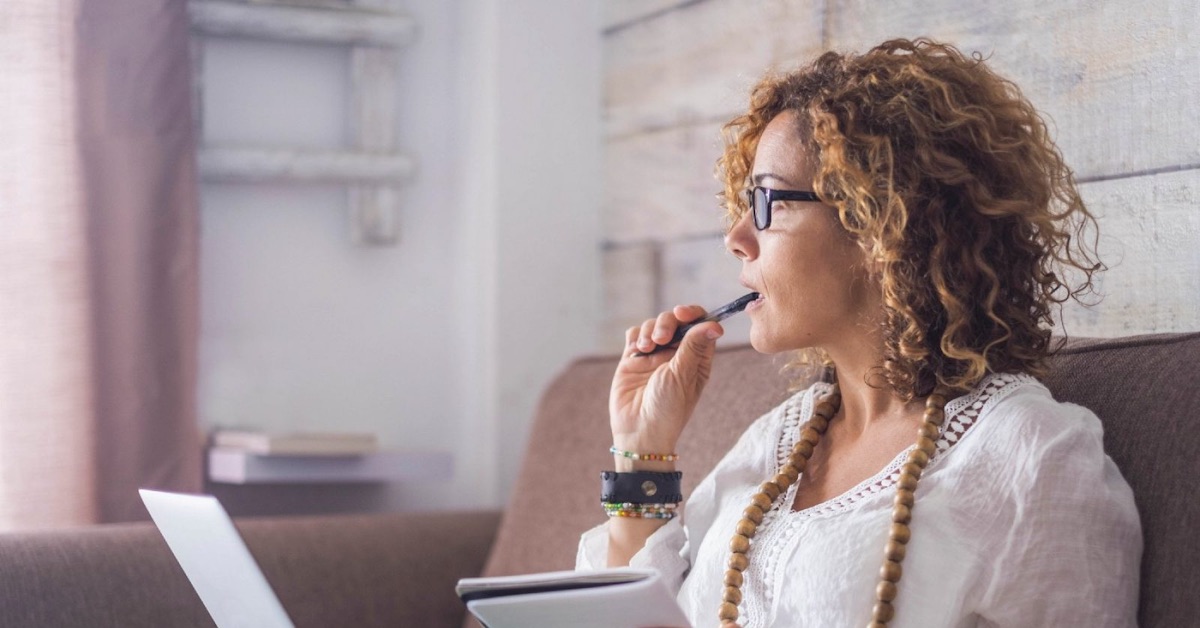Many of us, especially in this unprecedented time, have heard the term “self-care” buzzing around. Perhaps it has been suggested that you take some time for self-care. What often comes to mind is the image that is sold to us of what self-care is “supposed to” look like. Things like indulging in beauty products, food, or shopping. While these are some examples of what self care can be on occasion, they are usually not sustainable, practical for our day-to-day lives, and may not be for everyone. Let’s take some time to go deeper and explore what regular self-care is, as well as some practical ways to implement it day to day.
The practice of self-care refers to maintaining your physical, mental, and emotional wellbeing. For example, when someone we care about comes down with a cold, we might suggest they rest, drink some tea, and make sure they are getting enough nutrients. We are recommending specific practices of self-care for their physical wellbeing. The American Psychological Association suggests that we take this same consideration for maintaining our mental health as well, by stopping and thinking about what we need. We can do this by spending some time prioritizing things that need to be done versus overloading our plates with everything we would like to do, making adjustments when needed, and of course, ensuring we are eating well and getting adequate rest. These suggestions may not seem new, exciting, or particularly fun, but they are certainly ways we can care for ourselves within our daily routines.
Of course, self-care can still mean trying a new exercise class, checking out that new restaurant (at your level of comfort, of course), or doing something to “treat yourself.” The key is to find balance. It is easy to get wrapped up in making self-care an event rather than a regular part of our lives. After all, the self-improvement industry is worth $11 billion dollars and it got there by offering ways to help us be better with products and devices. While it is true that there are a lot of useful tools that can assist us in reducing stress and assisting us in being more productive, bring your focus back to what you truly need physically, mentally, and emotionally. If those products aren’t going to meet those needs, the good news is that you can probably meet those needs without them, and then include them as a treat just for enjoyment.
Now is the time to start exploring what self-care will look like to you. Some individuals may put self-care off thinking there is no time for it, or it just isn’t really “for them.” There are always ways to be creative in finding what works for you and the kind of time you have, and self-care is for everyone. When you are on a plane and the flight attendants are going through the safety protocols, they tell you that if the oxygen masks are deployed you must put on yours before you can help others put on theirs. We must do this in our daily lives to be able to give fully in all other areas of our lives. Self-care fuels us to be present with our work, families, and passions.
Feel free to be creative with what you choose and how you fit it into your life, but do make self-care a priority. The moments when we feel like self-care is not something we can accommodate is usually the time we could benefit from it the most. Give yourself the time and kindness you would want for those you care about because you are just as important. Here are some suggestions and resources to give you a place to start on finding what works for you. If you decide to try something and it works, excellent! If you try and it does not seem to be a good fit, allow yourself to scrap it and try something else, or even a variation of an idea.
- Consider how you are starting your day. It may be helpful to practice five minutes of meditation before you begin your day to get yourself in the right mindset. If you prefer to be more active, spend five minutes writing a list of things on your mind for the day and prioritize what needs to be done, versus what can wait.
- Take some time to learn about something interesting to you. If you spend time commuting or spend a lot of time at the computer, use these times to listen to an interesting podcast or audiobook.
- Make sure you are taking time to connect with others. Personal connection is so important to our well-being. Taking the time to check in with someone, especially if it is just to share a funny anecdote, can add pockets of enjoyment to our day.
- Think about where your personal boundaries are, and be comfortable with saying no when you need to. Many of us already have a lot on our plates right now, and finding that line of what we can comfortably handle and what will push us into becoming overwhelmed is critical self-care. This does not just apply to things we may not already be excited about doing, but could also mean that adding things we want to do at a time when we can’t really accommodate it at the moment is also important.
- Set a goal to try one new self-care practice at a time interval that works for you. If it is a small change, such as five minutes of meditation or something similar, perhaps every day could work. If it is something that takes some time and maybe needs to be fit into your schedule, such as taking a 30-minute walk, once a week might be more practical for you. Make sure that whatever time frame you give yourself is reasonable and does not make self-care become a chore, but rather something you look forward to.
- Try a free mindfulness app. There are several out there and lots of reviews to give you an idea of what would work best for you.
- Search YouTube for a free exercise class. People have uploaded almost any class you could think of to guide you through a good workout. Take a minute to explore the different channels. If you find you don’t like it, try a different one!
- Most libraries offer free audiobooks or e-Books on their websites for members. If you do not have a library card, it is always free to sign up for one. Then, search their catalog of free materials you can read or listen to through your phone or tablet.
Talking to a therapist is another great option as a form of self-care to support our emotional, and overall, well-being. Therapists can help work through some barriers you are experiencing or just offer some insight. If you are interested in finding one for a few sessions, some companies offer Employee Assistance Programs (EAP) to their staff that cover a few sessions with a therapist for free. If you are unsure if your company offers an EAP, talk to your HR department. Lastly, most insurance plans have therapists in-network. You can find them through your insurance’s website under the “find a provider” link, or you can scroll through Psychology Today’s “Find a Therapist” tool. Whatever you decide to try, stay flexible and allow yourself some room for trial and error. If something is not working, that does not mean self-care isn’t for you, it just means you have not found what works. Enjoy trying out some new things and spending some time taking care of yourself!







